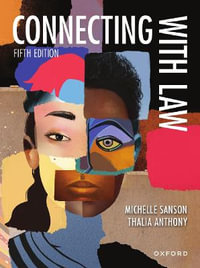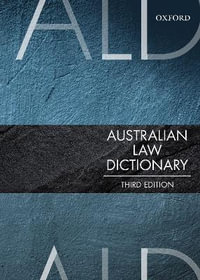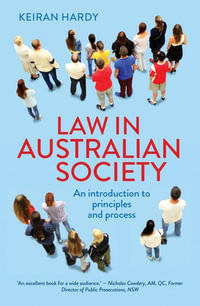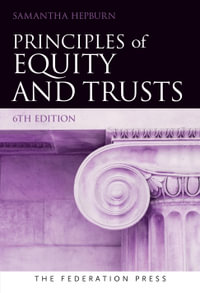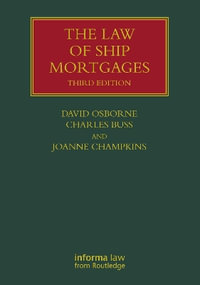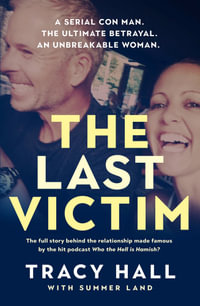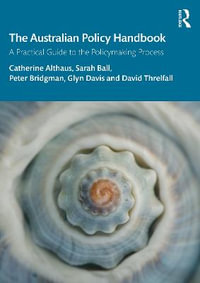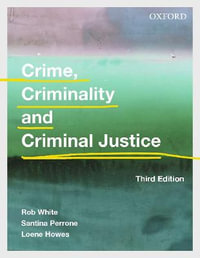In a world awash in "fake news," where public figures make unfounded assertions as a matter of course, a preeminent legal theorist ranges across the courtroom, the scientific laboratory, and the insights of philosophers to explore the nature of evidence and show how it is credibly established.
In the age of fake news, trust and truth are hard to come by. Blatantly and shamelessly, public figures deceive us by abusing what sounds like evidence. Preeminent legal theorist Frederick Schauer proposes correctives, drawing on centuries of inquiry into the nature of evidence.
Evidence is the basis of how we know what we think we know, but evidence is no simple thing. Evidence that counts in, say, the policymaking context is different from evidence that stands up in court. Law, science, historical scholarship, public and private decision-making-all rely on different standards of evidence. Exploring diverse terrain including vaccine and food safety, election-fraud claims, the January 2021 events at the US Capitol, the reliability of experts and eyewitnesses, climate science, art authentication, and even astrology, The Proof develops fresh insights into the challenge of reaching the truth.
Schauer combines perspectives from law, statistics, psychology, and the philosophy of science to evaluate how evidence should function in and out of court. He argues that evidence comes in degrees. Weak evidence is still some evidence. The absence of evidence is not evidence of absence, but prolonged, fruitless efforts to substantiate a claim can go some distance in proving a negative. And evidence insufficient to lock someone up for a crime may be good enough to keep them out of jail. This book explains how to reason more effectively in everyday life, shows why people often reason poorly, and takes evidence as a pervasive problem, not just a matter of legal rules.
About the Author
Frederick Schauer is the David and Mary Harrison Distinguished Professor of Law at the University of Virginia and the author of Free Speech: A Philosophical Enquiry; Playing by the Rules; Profiles, Probabilities, and Stereotypes; Thinking Like a Lawyer; and The Force of Law. He is a Fellow of the British Academy and of the American Academy of Arts and Sciences, was the Frank Stanton Professor of the First Amendment at Harvard University for twenty years, and was a founding editor of the journal Legal Theory.
Industry Reviews
Schauer displays a level of intellectual honesty one rarely encounters these days...This is delightful stuff, all the more so coming from an author whose political sympathies clearly lie far from the Trump family. Chapters on the state of criminology and the nature of lying are similarly engaging. -- Barton Swaim * Wall Street Journal *
[Schauer's] essential argument is that in assessing evidence, we need, first of all, to recognize that evidence comes in degrees (from weak to strong, from extraneous to relevant) and that probability, the likelihood that the evidence or testimony is accurate, matters...[He] has fascinating things to say about the reliability of eyewitnesses, hearsay and lie detectors, the efficacy of honor codes and courtroom oath taking, and the trustworthiness of letters of recommendation. -- Steven Mintz * Inside Higher Education *
I would make Proof one of a handful of books that all incoming law students should read...Essential and timely. -- Emily R. D. Murphy * Law and Society Review *
Effectively explains how people understand and use evidence to build their beliefs, either individually or collectively, and also discusses the mechanics of poor reasoning and scientific inquiry. The resulting work is a foundational and engaging piece that serves as a primer for legal professionals, scientists, and the general public. -- Poulomi Bhadra * Jindal Global Law Review *
Schauer is inviting us to distrust ourselves, to look for an external ground in our evidence assessments, one that reaches out for empirical evidence and verifiable inferences, instead of feelings, senses, perception, and intuition...The elucidation of this value (of distrusting ourselves) is a great achievement...[A] fascinating book. -- Thomas Bustamante * Jotwell *
At a time when the concept of truth itself is in trouble, this lively and accessible account provides vivid and deep analysis of the practices addressing what is reliably true in law, science, history, and ordinary life. Schauer's The Proof integrates knowledge of legal doctrine, social science studies, philosophy, and history and offers both timely and enduring insights. -- Martha Minow, former Dean of Harvard Law School and author of When Should Law Forgive?
The Proof is an engaging tour of a range of knotty problems relating to evidence and reasoned inference. Fred Schauer shares a wealth of insights he has developed over several decades of teaching and writing about evidence law and the nature of proof. A pleasure to read. -- David Alan Sklansky, author of A Pattern of Violence
A thoroughly enjoyable and accessible book on how the insights of evidence law can help all of us make better decisions in our everyday lives. A much-needed guide in a confusing world awash in information and misinformation. The Proof is sure to become a classic! -- Edward K. Cheng, Vanderbilt Law School
With his uncanny ability to blend erudition and accessibility, Fred Schauer unpacks how to think about proof-what people tell us, what we see, what the experts say-in everyday life. An extraordinarily readable book with breathtaking range and clarity, The Proof is an indispensable guide for those who seek to thoughtfully navigate the world. I cannot recommend it highly enough. -- Kimberly Kessler Ferzan, University of Pennsylvania Carey Law School
If you care about evidence, the search for the truth, about what we know and how we know it, you have a lot to learn from this timely and masterful book. -- Lee C. Bollinger, President and Seth Low Professor of the University, Columbia University
Assessing evidence: that is the essence of judgment. Schauer's The Proof imparts the disturbing lesson that we, be we individuals or organizations, are poor judges. Fortunately, this book wields tools from law, psychology, and statistics, plus an array of historic examples and contemporary accounts, to show how we can dramatically improve as assessors. Even better, it does so with wit. -- Richard Zeckhauser, Frank P. Ramsey Professor of Political Economy, Harvard University

